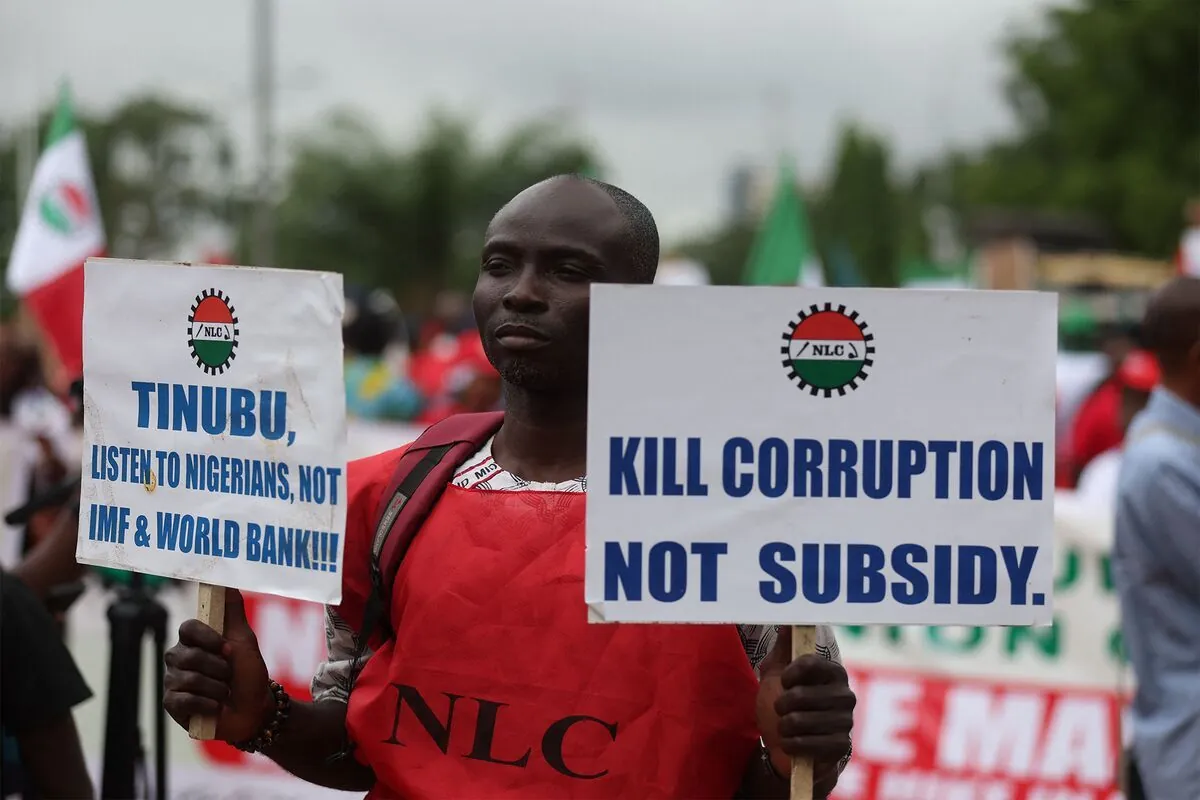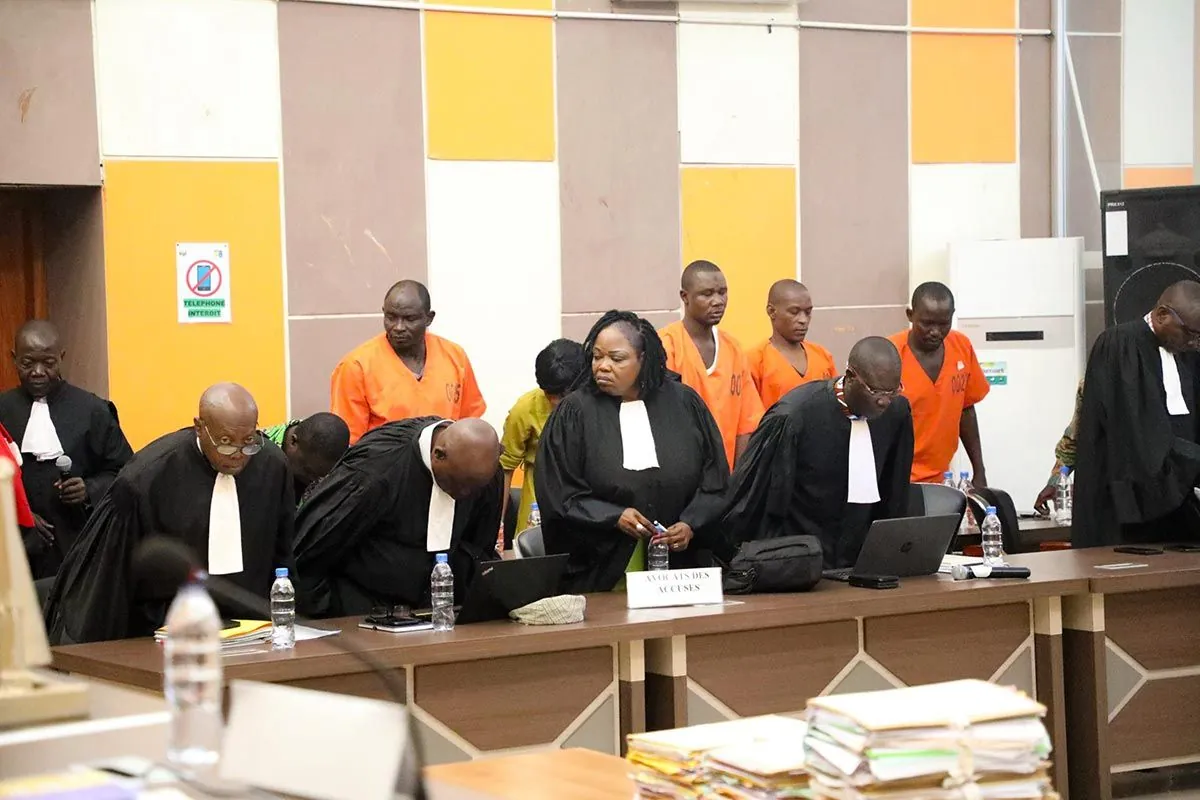Nigeria Charges 10 with Treason Following Cost of Living Protests
Ten individuals face treason charges in Nigeria after nationwide protests against economic hardship. Amnesty International reports fatalities and calls for the unconditional release of detained protesters.

In a significant development in Nigeria, Africa's most populous nation with over 200 million inhabitants, authorities have leveled serious charges against ten individuals following recent demonstrations. The protests, which occurred in August 2024, were a response to the escalating cost of living crisis in the country.
The accused face charges of treason and allegedly inciting military mutiny, offenses that carry the most severe penalties under Nigerian law. These individuals have entered not guilty pleas in the Abuja Federal High Court. According to legal expert Inibehe Effiong, a conviction could result in capital punishment.
State prosecutors allege that the protesters aimed to destabilize Nigeria, a country that gained independence from British rule in 1960 and has since experienced multiple military coups. The charges include conspiracy to commit treason, inciting military mutiny, damaging government property, and disturbing public order.

The legal proceedings are set to commence on September 11, 2024, with the court expected to rule on bail applications. This case highlights the ongoing tensions in Nigeria, a nation with over 250 ethnic groups and a history of political instability.
Amnesty International has strongly criticized the government's actions. Isa Sanusi, director of Amnesty International Nigeria, stated:
"These are blatantly trumped-up charges that must be immediately withdrawn."
The organization has called for the unconditional release of all individuals arrested during the protests, describing the trial as an attempt to unlawfully justify the detention of protesters.
The demonstrations were sparked by economic reforms implemented by President Bola Tinubu, who assumed office in May 2023. These reforms, including currency devaluation and increased costs for petrol and electricity, have exacerbated the economic hardships faced by Nigerians amidst double-digit inflation.
Nigeria, Africa's largest oil producer and a member of OPEC, faces significant challenges despite its vast resources. The country grapples with security issues, including the Boko Haram insurgency, and environmental problems such as desertification and oil pollution.
As the legal proceedings unfold, the international community watches closely. This situation underscores the delicate balance between maintaining public order and respecting the right to peaceful protest in Nigeria, a nation with a rich cultural heritage and a rapidly growing tech ecosystem.


































